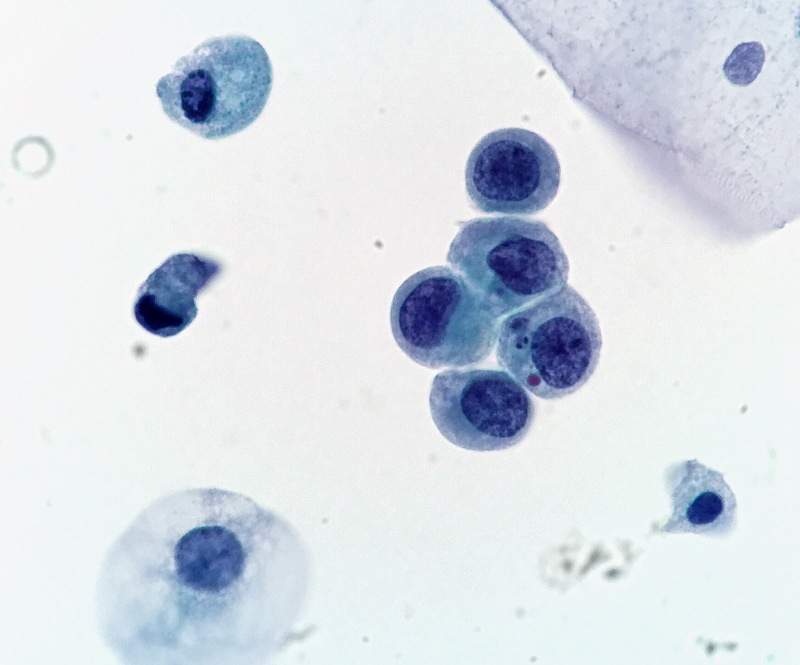
Bristol-Myers Squibb has revealed follow-up data from the Phase I/II CheckMate -032 trial evaluating the safety and efficacy of Opdivo (nivolumab) as a single agent, or in combination with Yervoy (ipilimumab), in patients with previously treated locally advanced or metastatic urothelial carcinoma (mUC).
The data demonstrated that patients treated with the combination of Opdivo 1mg/kg and Yervoy 3mg/kg (O1:Y3) experienced a higher objective response rate (ORR) compared to those who received Opdivo 3mg/kg and Yervoy 1mg/kg (O3:Y1), or Opdivo alone.

Discover B2B Marketing That Performs
Combine business intelligence and editorial excellence to reach engaged professionals across 36 leading media platforms.
ORR was 38% for the additional cohort of patients receiving O1:Y3 at a minimum follow-up period of 7.9 months.
At a minimum follow-up of 38.8 months, ORR was 27% for the patients receiving O3:Y1, while at a minimum follow-up of 37.7 months, ORR for patients receiving Opdivo alone was 26%.
The new data also showed that the median progression-free survival (PFS) and overall survival, secondary endpoints in the II CheckMate -032 trial, were numerically longer in the O1:Y3 treatment cohort compared to the O3:Y1 and Opdivo cohorts.
There was found to be a similar overall safety profile to previous trials of Opdivo in combination with Yervoy with these dosing regimens.

US Tariffs are shifting - will you react or anticipate?
Don’t let policy changes catch you off guard. Stay proactive with real-time data and expert analysis.
By GlobalDataThe combination of Opdivo and Yervoy was also reportedly well tolerated, with 13% discontinuation occurring as a result of treatment-related adverse events (TRAEs) in both the O1:Y3 group and the O3:Y1 group.
Bristol-Myers Squibb melanoma and genitourinary cancers development lead Arvin Yang said: “The combination of Opdivo and Yervoy has shown durable efficacy across a broad range of tumour types and treatment settings, and we are equally encouraged by this data for the combination in patients living with metastatic urothelial carcinoma.
“We are committed to fully exploring the potential of I-O-based regimens and look forward to seeing how this important combination regimen can benefit this patient population.”
The CheckMate -032 trial featured a multi-centre, open-label design and included 274 patients with previously treated locally advanced or metastatic urothelial carcinoma (mUC).





